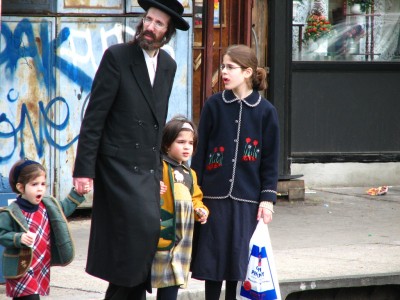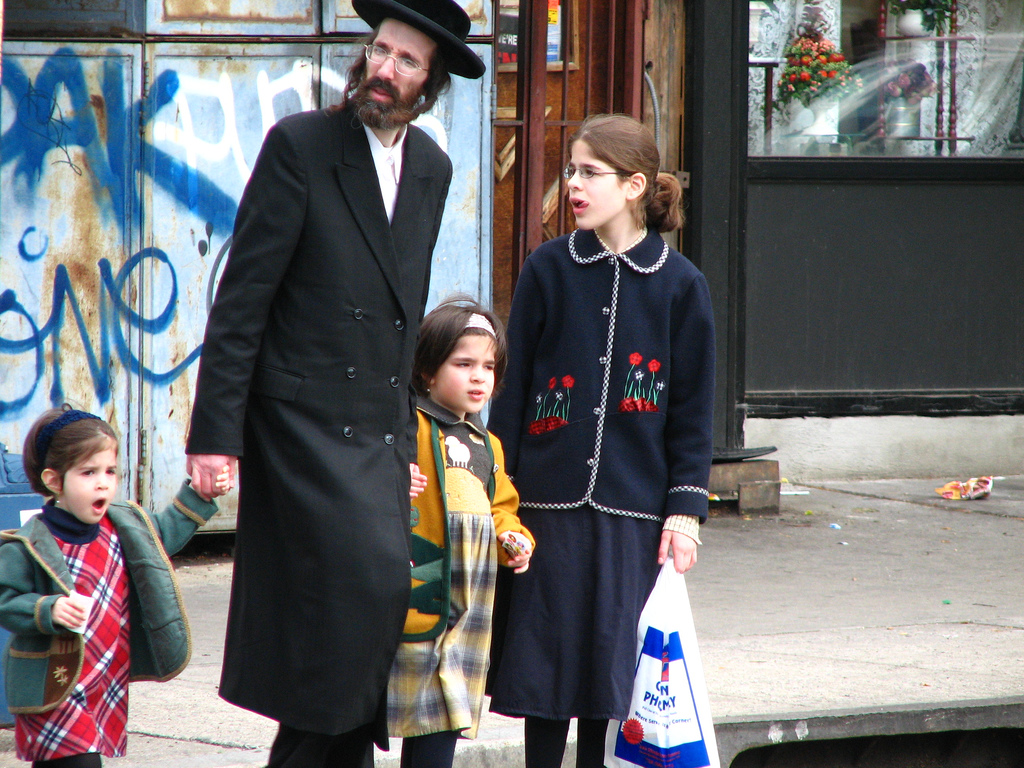
We here at New Voices seem no strangers to the question of whether or not the Jews are white. Yet the wider American Jewish community tends to go back and forth on the issue, especially now that racial tensions in this country have reached a boiling point.
Despite the advancements made in the national conversation around racial and ethnic minorities and white privilege (and the conversation within the Jewish community is continuing apace), the Jewish community’s conversation seems relatively simplistic, and is perhaps centering around the wrong question.
The question should not be whether or not Jews are white, or even whether or not Jews are white-passing.
There is no doubt that many Ashkenazi, and other Jews of European ancestry, are white-passing. And even if Jews are not white, there are undoubtedly segments of Jews receiving white privilege from others. That, ultimately, is how privilege works: we are yielded privilege by others, we do not take it for ourselves.
But this reasoning forgets those segments of the Jewish community who are not white. Though much of the discussion around Jews and whiteness concerns whether or not Jews can be considered white when placed in historical context, this too is dishonest, as privilege does not necessarily work based on history. After all, though there is no doubt that there are Jews today who are yielded white privilege, we know that this wasn’t always so.
To better unravel the question of the relationship between Jews and whiteness, we must instead look to the present makeup of the Jewish community—or communities—within the United States. Our Jewish community includes within it Jews of color and Mizrachi Jews, who might experience their racial and ethnic identities in ways completely different than those of Ashkenazi or Eastern European descent. These groups, in turn, might experience race and ethnicity in completely different ways.
When we talk about the connection between Jews and whiteness—especially on a public forum like the Internet—we continue to perpetuate the false notion that all Jews are of European descent. We can, for example, look to the Bene Israel, the community of Indian Jews in the United States, to better illustrate this example—they see themselves ethnically as Indian, not white, and experience affinity with other Indian immigrants. (For more, see “Transforming Identities: Bene Israel Immigrants in Israel and the United States” in Transnational Traditions: New Perspectives on American Jewish History). In other words, there are Jews living in America today who do not see themselves—and, more importantly, are not seen by others—as white.
Moreover, the entire construction of who is and is not “white” is also troubling. Can white ultra-Orthodox or Hasidic Jews—or even non-Orthodox Jews who, like me, choose to wear a kippah or visible tzitzit—pass as white in the same way as those who are not visibly Jewish? Even if we answer no to this, we still need to better understand how other Jews experience privilege.
None of this is to say that a deep conversation about Jews and our complicated relationship to privilege and race isn’t necessary, it’s just that we need to be careful that our discourse accounts for as many Jews as possible.
Our discourse must also include serious discussions about anti-Semitism. That one can simultaneously experience white privilege and anti-Semitism means we must carefully reexamine the relationship between race and our religion. Is anti-Semitism rooted more in perceptions of race, or is it rooted more in religion? How we answer this question will further complicate how we discuss race and ethnicity within the Jewish community.
To be sure, Jews need to be a part of the wider American conversation about race and privilege. Jews have floated through different racial and ethnic monikers—from a time when the West saw Jews as a distinct ethnic group until today, when many Jews are perceived as white. As such, we must ensure that we do not ignore those in our own communities who need help countering white privilege, including Jews who do not and cannot pass as white.
Ultimately, then, when discussing race, the question the Jewish community must ask is: How do we create a conversation about race and privilege within the Jewish community that actively seeks to take into account those who might not experience white privilege?
Amram Altzman is a student at List College.

